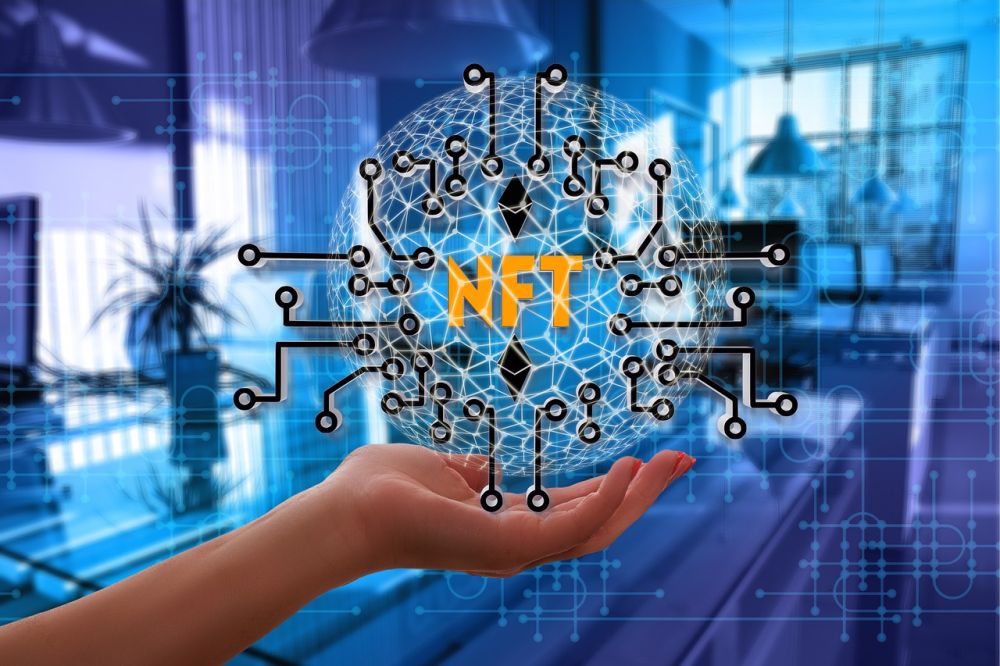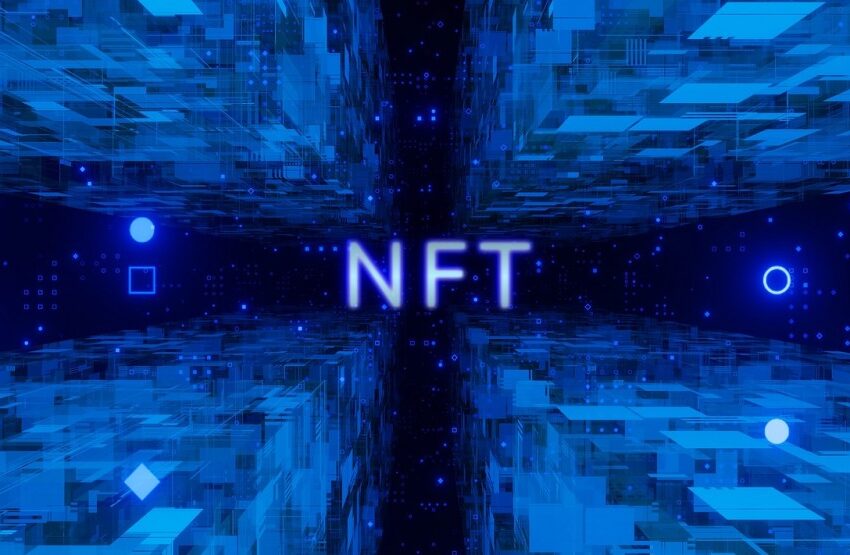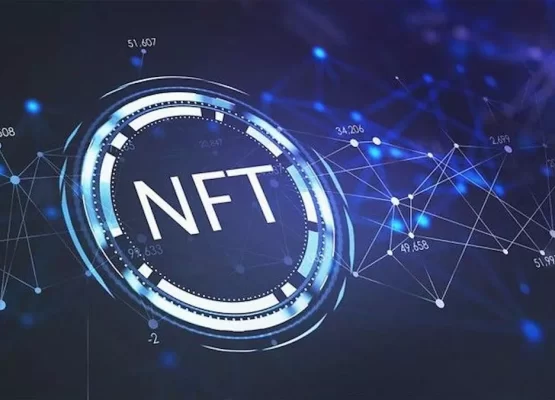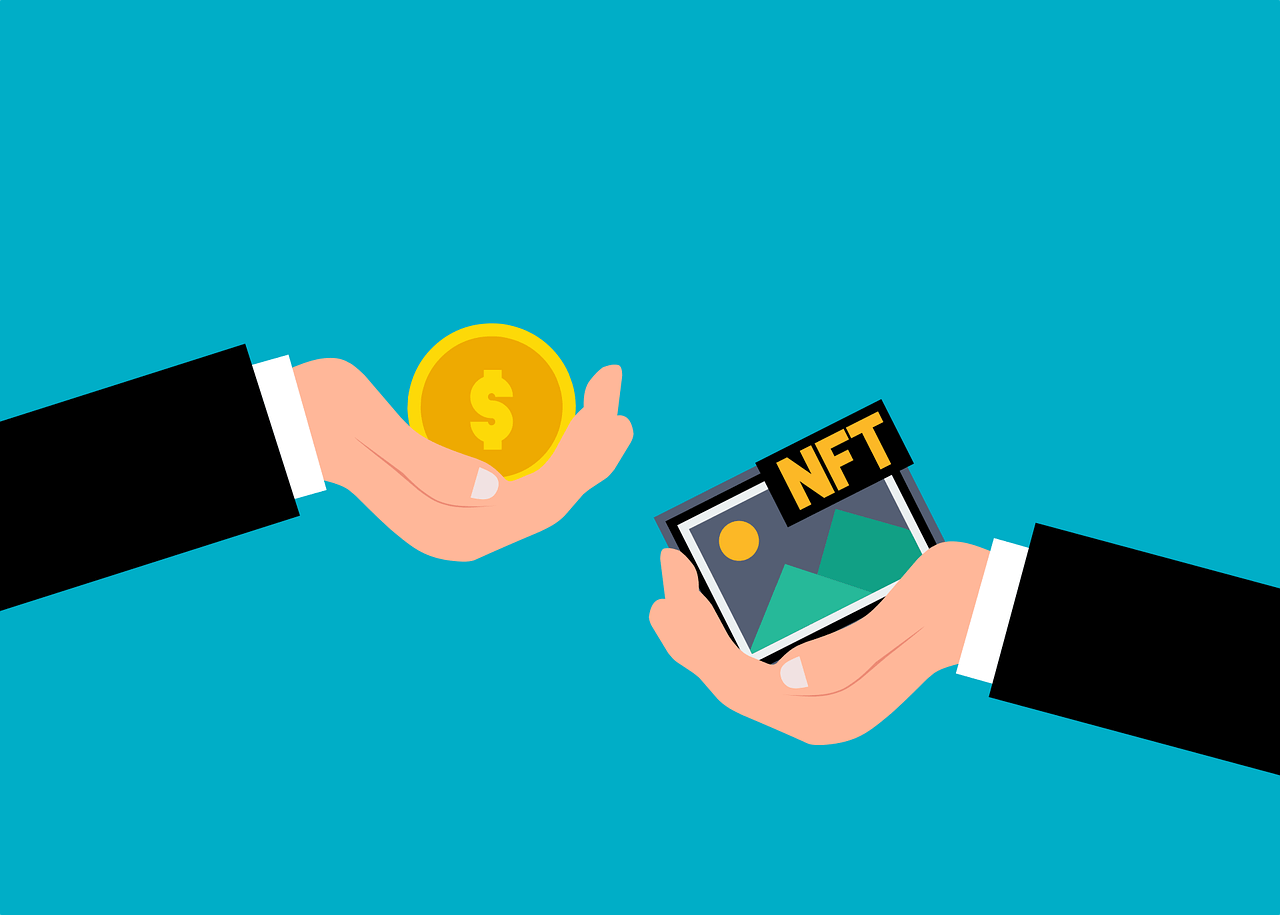NFT: Definition
NFT stands for Non-Fungible Token. It is a type of cryptographic token on a blockchain that represents something unique and is not interchangeable with other items. NFTs are used to certify ownership and authenticity of digital assets such as artwork, music, videos, and other digital items. They can also be used to represent physical items such as real estate, cars, or collectibles.
NFT Marketplace: Description
A Non-Fungible Token (NFT) Marketplace is an online platform that enables individuals to buy and sell non-fungible tokens (NFTs). These tokens are cryptographic tokens that represent an ownership stake in a digital asset, such as a digital collectible, a virtual item, or a piece of digital art. Unlike other digital assets, such as cryptocurrencies, which are divisible and can be exchanged for other assets, NFTs are unique and cannot be divided or exchanged in the same way.
What is White-label NFT Marketplace?

White-label NFT Marketplace is a platform that allows users to create their own customized NFT marketplace. It provides a comprehensive set of features to help users create, manage, and monetize their own NFT marketplace. It is designed to provide a comprehensive and cost-effective way to launch an NFT marketplace without the need for expensive development costs. Features include customizable store pages, easy-to-use payment processing, automated token minting, and smart contract integration.
Scope of Developing a White-label NFT Platform
White-label NFT platforms allow businesses and organizations to launch their own NFT marketplaces using pre-built technology, without having to build their own platform from scratch. This can save time and resources, while also providing a customizable solution that can be tailored to the specific needs of the organization. Some potential benefits of using a white-label NFT platform include:
- Increased revenue potential: By launching their own NFT marketplace, businesses can tap into the growing market for NFTs and potentially generate new revenue streams.
- Branding and customization: White-label NFT platforms can be customized with a company’s own branding and design elements, allowing them to stand out from competitors and create a unique user experience.
- Access to a ready-made user base: Using a white-label NFT platform can give businesses access to a pre-existing user base, potentially increasing the reach and visibility of their own NFT marketplace.
- Reduced development costs: White-label NFT platforms can save businesses the cost and time of developing their own platform from scratch, allowing them to focus on other aspects of their business.
In summary,
white-label NFT platforms provide a convenient way for businesses to enter into the NFT market with a customizable and ready-made solution, which can help them increase revenue, reach and visibility, reduce development costs and stand out from their competitors.



